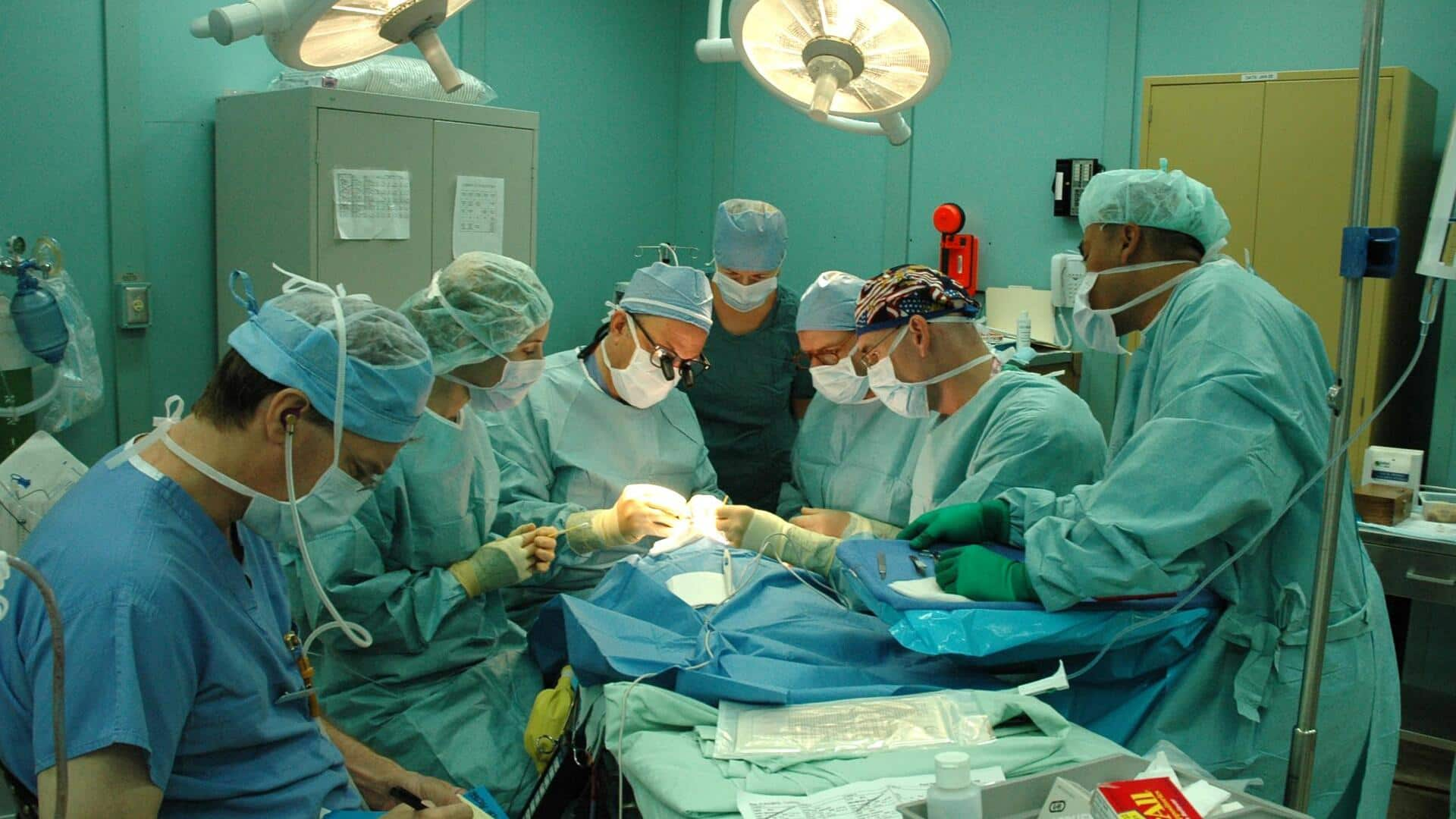
Height-boosting surgery leaves 2 disabled in China
What's the story
A controversial height-enhancing surgery that involves breaking leg bones, has sparked widespread criticism in China. This follows reports from patients who now regret undergoing the procedure due to severe health complications. One such patient is a woman from Jiangsu province, who spent an exorbitant 600,000 yuan (approximately ₹70 lakh) on this surgery abroad with the aim of adding five inches to her height.
Health impact
Surgery complications lead to bone infection, mobility issues
The surgery resulted in a series of health complications for the woman, including a bone infection. She is now unable to run or walk quickly, and experiences breathing difficulties. "My life has been totally ruined. If there was an operation to reverse this, I would have it at once," she expressed her regret over the decision to undergo the procedure.
Unfortunate outcome
Another patient left with uneven legs post-surgery
A 29-year-old man from Henan province also underwent the height-enhancing surgery in China at a public hospital. The procedure cost him over 100,000 yuan (approximately ₹12 lakh), and was intended to boost his confidence due to his height of 5'4." However, he ended up with legs of different lengths and minimal height gain. "I am not much taller than before. What's more, I am now disabled," he shared his regret.
Expert warning
Medical experts warn of risks
Medical experts have raised concerns about the limb extension surgery, which involves breaking the bones in the legs and using an external metal device to gradually stretch them as they heal. They warn that while technically possible, this procedure is fraught with risks, especially when performed for cosmetic reasons. In China, such surgeries have been strictly regulated by the Ministry of Health since 2006.
Legal restrictions
Chinese regulations permit limb-extension surgery only for medical reasons
According to Chinese regulations, limb-extension surgery is only allowed for patients with congenital deformities or those with uneven limb lengths due to injury, tumor, or infection. The procedure is explicitly prohibited as a cosmetic enhancement. Despite these restrictions, some individuals continue to opt for the surgery either domestically or by traveling abroad.